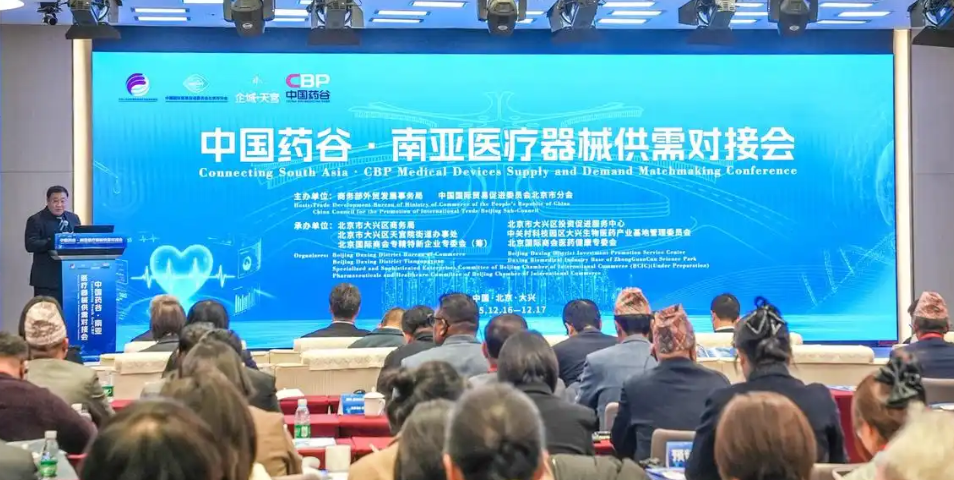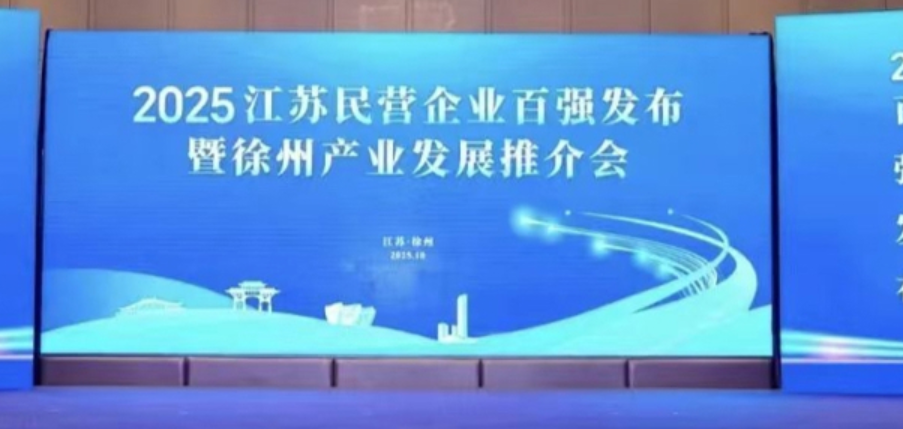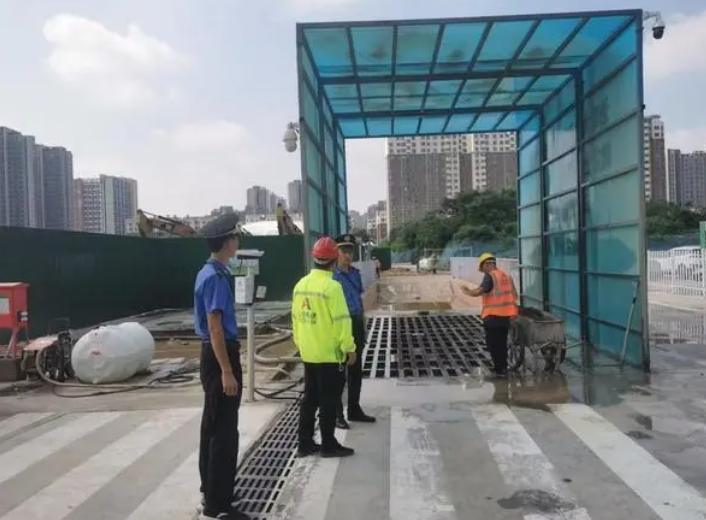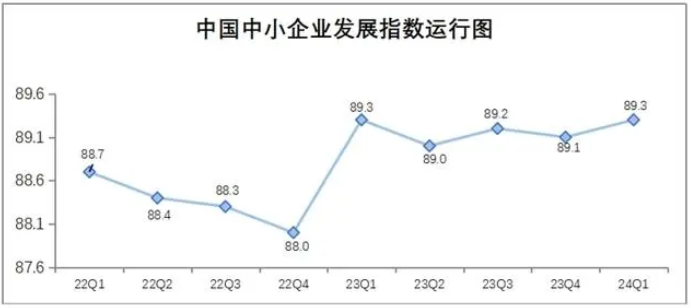桥水基金创始人达里奥于11月底接受彭博社“Masters in Business”节目的专访,期间谈到了他11月份出版的新书《Big Debt Crises》,关于债务危机的结构性相似性。
历史已经证明,同样的事情在相同的因果关系中一再发生。中美贸易战从“修昔底德陷阱”的角度,好像是必然会发生的。
世界正处在一个去全球化和自给自足的过程中。达里奥认为,他并不担心中国,认为中国是长期投资的好地方。
以下为采访为文字节选:
修昔底德陷阱:中美贸易战好像是必然会发生的
主持人:考虑到这些事情是周期性的,它们会重复,看起来非常相似——你会从历史和今天看到什么平行之处?今天最让你想起的是哪个时代?当前最有趣的方面是什么?
达里奥:最近一个类似的时期是30年代末。举1937年为例。我为什么这么说呢?
与当时类似,由于印钞和技术等原因,我们的政治两极分化更加严重。我认为这是一个非常重要的问题。政治上的两极分化导致了世界各地的民粹主义。换句话说,当个人拥有极端权力,就控制了这种情况。以“民粹主义”这个词为例,在发达国家并不广泛使用,直到你回到30年代,或者直到最近——当然,现在也很常见。
还有一个情况,我认为非常相似,那就是我们有一个正在崛起的力量,那就是中国。
DALIO: Well, the most recent period that’s analogous of this is the late ’30s. Let’s say, if you take 1937. So why do I say that?
Similar to then, we have, because of the printing of money and because technologies and other reasons, we have a greater amount of polarity, political polarity. I think this is an important, important issue. And that political polarity causes Populism around the world. In other words, a strong individual to come in and get control of that situation, while they’re having that type of polarity — so the word “Populism” for example, in developed countries was not widely used until — you go back to the ’30s, until more recently — now it’s, of course, common.
Then also we have a situation, which is quite similar, I think, in we have a rising power in the form of China.
主持人:因为在30年代,意大利、日本和德国都在崛起,挑战现有的大国——如今不断发展的中国与那个时代有多相似?
达里奥:我认为这不仅与那个时代类似,而且还有一个概念,叫做“修昔底德陷阱”。
DALIO: I think it’s not only analogous to that era, but there’s a concept — called “The Thucydides Trap” by the way.
(编者注:“修昔底德陷阱”,是指一个新崛起的大国必然要挑战现存大国,而现存大国也必然会回应这种威胁,这样战争变得不可避免。)
达里奥:我现在已经非常非常仔细地研究了过去500年的历史——你会发现,在过去500年里,有16次,一个正在崛起的大国来挑战一个现存的大国。就像你说的,德国在欧洲,日本在亚洲。这是野兽的本性。这意味着肯定存在竞争。因此,一场贸易战—一股制造问题的实力相当的力量。

DALIO: I’ve made a point now to study history of the last 500 years very, very carefully — what you see is that in the last 500 years there have been 16 times where a power comes to challenge an existing power, a rising power. So like you say in Germany, within Europe or Japan within Asia, that was the nature of that beast. That means that there’s certainly rivalry. So a trade war — a comparable power that creates an issue.
达里奥:我不是说我们要打一场枪战。但我要说的是,历史表明,战争结束后会有一个和平时期,因为有一个主导力量。二战后,美国不仅在经济上强大,而且垄断了核能。
因此,由于这种权力,联合国在纽约,世界银行和国际货币基金组织在华盛顿。历史上看,崛起的力量挑战现存的力量,就产生了冲突。我们正在步入一个新时代,任何人读历史和世界各地的决策者认识到这一点,这个问题与中国的上升意味着自然会有冲突,如何解决冲突的世界市场。DALIO: I’m not saying we’re going to get into a shooting war. But I am saying that — the history that has shown that when you have wars, after a war you have a dominant power and you have periods of peace — because you have a dominant power. After World War II the United States was powerful, both economically and also it had a monopoly on nuclear power.
And so as a result of that power, you know, the United Nations is in New York, the World Bank and the IMF are in Washington, D.C. because it determined that. And in history, then when you have the rising power, to challenge the existing power, you have elements of conflict. I’m saying, I don’t want to overdo this, but I am saying that we are entering an era in which anybody who reads history and policy-makers around the world recognize this — that this issue with China rising means that there are naturally going to be conflicts and how do you resolve conflicts in a world market?
去全球化和自给自足
主持人:肯尼迪在书中提到,每一个大国都是通过超越国界的扩张而成为世界强国的。您如何看待当前在美国、英国和其他地方似乎正在发生的去全球化?
达里奥:我想你是在说两件事。在某些情况下,全球化并非如此。比如中国的是一带一路。我们在世界各地都看到来自中国的投资。这是全球化的一种方式。你将看到更多的人民币贷款。你会看到世界上有更多的中国的银行。
全球化的意思,是在一个地方生产,再以更有效的方式再其他地方销售,没有贸易壁垒,资本市场全球化,资本在国家间自由流动等等。
我认为全球化已经达到顶峰。我们现在处在一个更加去全球化的环境中。因为担心这个能感知到威胁和冲突的环境,我认为会产生一种去全球化的力量。
同样,资本流动中也发生了同样的情况。如果中国投资者更担心发生冲突,那么来自美国的投资就能受到更多限制,他们也不太愿意在美国投资。
所以我认为——我认为我们正朝着去全球化和几乎独立的自给自足的方向发展。
DALIO: Well I think you’re talking about – there are two different things. In those cases it wasn’t so much the globalization. There was the globalization of those countries. Just like the globalization of China. We’re now seeing the one belt, one road; we’re seeing investments all around the world. That’s carrying that forward.
With that you will see more lending in renminbi. You will see more Chinese banks in the world and so on so forth and that will expand very, very analogist (ph).
Regarding globalization, which is the idea of producing at one place and selling at some place else in the most efficient way is that there’s not much trade barriers so that they can do or the globalization of capital markets, the free flow of money into and out of countries and all of that.
I think that that’s peaked and that we’re now in an environment in which we’ll go to a more of deglobalization kind of environment, and because of this somewhat threatening environment the perceived worry that you could have a conflict, I think that creates a force that reinforces the deglobalization, because let’s say if you’re going to produce something — if you’re producing things in China that we need in the United States by way of example, there might be a concern about doing that.
So if you’re producing PC’s you might say I need PC’s here, there might be a pressure to go deglobalization that sort of feeds on itself. I think that we’re seeing those kinds of pressures.
I think the same thing is true that could happen with capital flows. If Chinese investors are more concerned that you could have a conflict there could be more sanctions of investments in the United States. So they’re less inclined to invest in the United States and so on.
So those issues I think – I think we’re moving more towards deglobalization and almost independent self sufficiency is probably more of the direction.
中国是潜力股,适合长期投资
(来自观众的)问题:关于中国,我有两个问题。第一个问题是,你认为中国目前的债务如何?第二个问题是,鉴于中国已经开始增加经济刺激力度,你是否会在这个时点增加投资?
达里奥:中国的债务大多以本币计价,外币债务规模非常小。所以现在你提到的是一个内部问题。此外,向中国提供贷款的银行也在他们的体系内。正如我所说的,通过某种方式扩散债务危机的能力相当大。
他们(中国)有专业知识,知道如何把它传播出去。所以我认为,当你观察债务周期时,我知道有四个案例,美国如何发生重大债务危机,是什么让他们恐慌,他们如何能够管理危机。
譬如,八十年代,1982年的债务危机中给大家上的一课就是,我错误地认为我们有能力同时分散和降低利率。中国有这种能力。我认为每个人都在关注这个问题;他们太关注这个问题了,而没有关注他们的生产率增长以及他们如何在生产率增长方面做出改变。
我认为,就整个生产力而言,低增长年份可能将是高增长年份的两倍。如果你观察一段时间的生产力指标--教育质量和基建质量等,就会发现生产力依然不高是有原因的。因此对我来说,这看来就像这些周期中的一个--即一个属于他们版本的债务重组周期。
在经济周期真正引发危机之前,中国在积极主动的采取行动。比如2008年的金融危机,我们经历了危机,然后我们采取了积极的应对措施。所以我不担心中国的债务危机,也不担心中国的债务状况,我相信中国是一个非常适合长期投资的地方。
我认为中国必须成为每个人投资组合的重要组成部分;它只是向外国投资者开放。这是一个不同的地方,所以你必须了解它,但我不会详细说明我将在那里进行哪些具体投资。
DALIO: Like I said, applying the template to China. Chinese debt is mostly in their local currency. The amount of foreign currency denominated debt for China is very small. OK so now you’re dealing mostly with an internal issue. Also the lenders to China are within their system and the, like I said, the capacity to handle a debt crisis by spreading it out in one way or another is quite large.
They have the expertise to know how to do that – to do that spreading it out. So I think when you look at debt cycles, there are four cases in which I know the United States defaulted — had major debt crisis and what rattled them all off and that they were able to be managed.
The lesson I gave, for example, of the 1980, ’82 debt crisis that I was so wrong about was the ability to spread that out and lower interest rates at the same time. China has that ability. I think everybody’s focused in on that and too focused in on that and they’re not focused in on their productivity growth and how they’re making changes in terms of that productivity growth.
I think like a bad year of growth will be probably twice as good as a good year of growth from us in terms of that whole productivity thing, and if you look at indicators of productivity over a period of time – quality of education, quality of infrastructure, things kinds of things. They have the reasons to continue to have not high productivity. So to me it looks like one of those cycles – their version of a cycle to do a debt restructuring and debt organization.
They’re doing it on a proactive basis before the cycle has actually caused the crisis. In most of the other cases like in our financial 2008 financial crisis, we had the crisis and then you have reactive that are doing proactive. So I’m very – I’m not worried about the debt crisis in China or the debt situation in China, and I believe it’s going to be a very good place for long term investing.
I think it has to be an important part of everybody’s portfolio; it’s just opening up to foreign investors. It’s a different kind of place so you have to get to know it, but I’m basically (INAUDIBLE). I won’t get into the particulars of what particular investments I would make there though.(完)
本文首发于微信公众号:量化与对冲。文章内容属作者个人观点,不代表和讯网立场。投资者据此操作,风险请自担。
(责任编辑:王治强 HF013)








